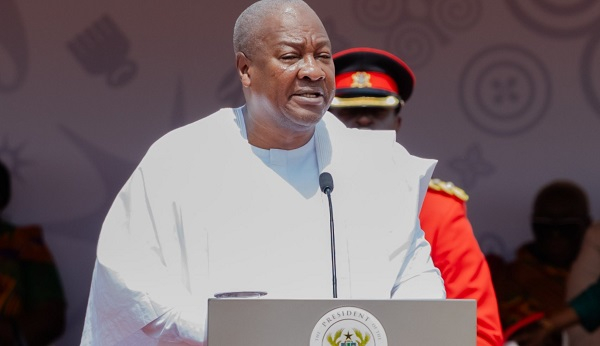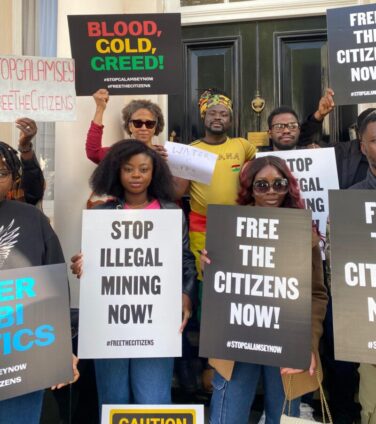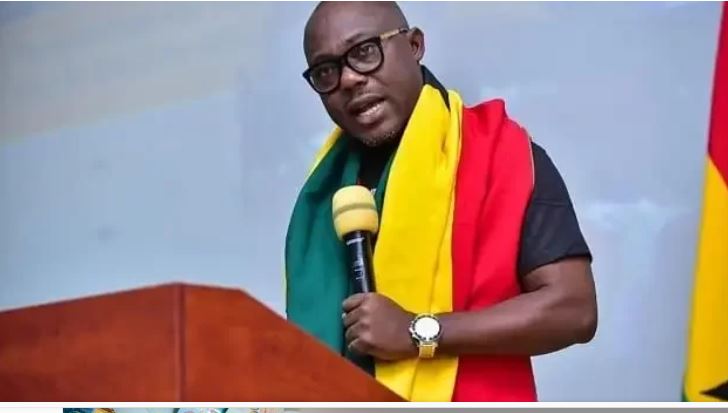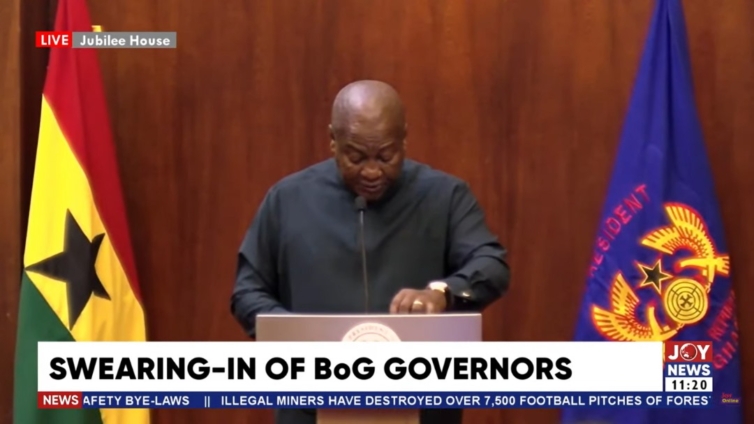During the National Day of Prayer and Thanksgiving, President John Dramani Mahama cautioned that Ghana’s hard‑won peace is neither automatic nor permanent, it must be vigilantly safeguarded through unity, accountability, and moral leadership.
Speaking at the State House Christian Service, the President underscored that Ghana’s peace is not assured by political leadership alone but is deeply rooted in the moral and spiritual commitment of its people.
He credited sustained prayer and intercession by religious communities as vital to national stability and called on Ghanaians to foster unity by rejecting tribalism, extremism, and political division.
The President emphasized that holding public office is a sacred trust that must be exercised with transparency and accountability.
Declaring that “even the office of the President is not above the law,” he called for all leaders, including himself, to be answerable to the public.
He further defined justice as a balanced system that rewards integrity and punishes wrongdoing, reinforcing the importance of principled leadership in national development.
Speaking to clergy, diplomats, and religious leaders, President Mahama affirmed that Ghana’s strength lies in its diversity, stressing the importance of unity built on shared values and national identity.
He urged citizens to see themselves as one people with a common destiny, warning that peace is fragile and must be sustained through daily acts of compassion, empathy, and moral conviction.
President Mahama’s message underscores that Ghana’s peace depends not only on political structures but on spiritual and moral unity.
He advocates for ethical leadership rooted in accountability and justice, positioning prayer and faith as foundational forces shaping national cohesion and guiding responsible governance.
Key national stakeholders, including Parliament, political parties, and religious bodies are expected to respond to President Mahama’s call for unity and ethical leadership.
Observers will watch closely to see how themes of accountability, justice, and spiritual integrity are reflected in upcoming policies, legislative debates, and public engagements.
Future addresses and national programmes may reveal whether these values gain traction in shaping Ghana’s political and civic direction.
By: J.W Quarm





